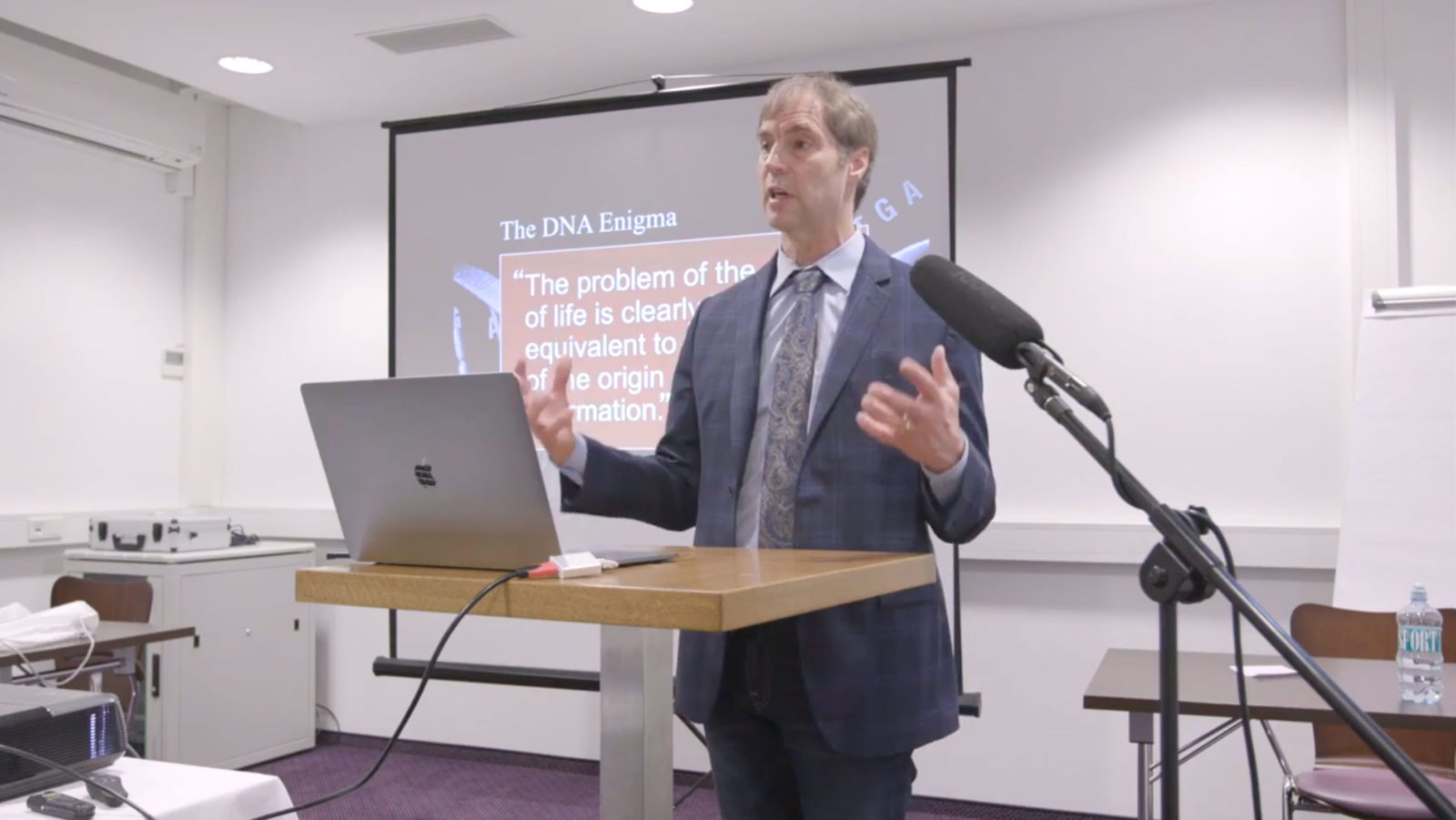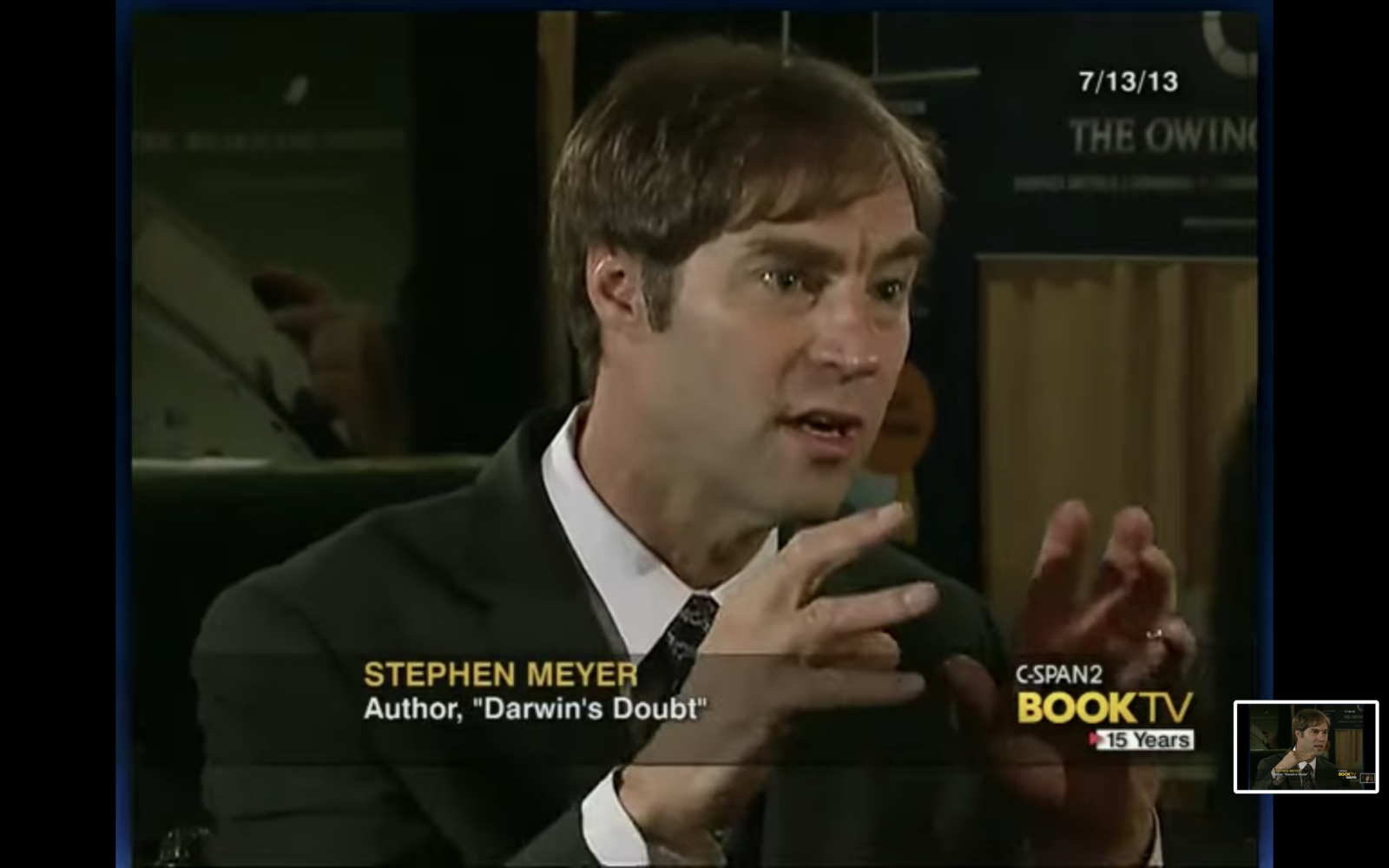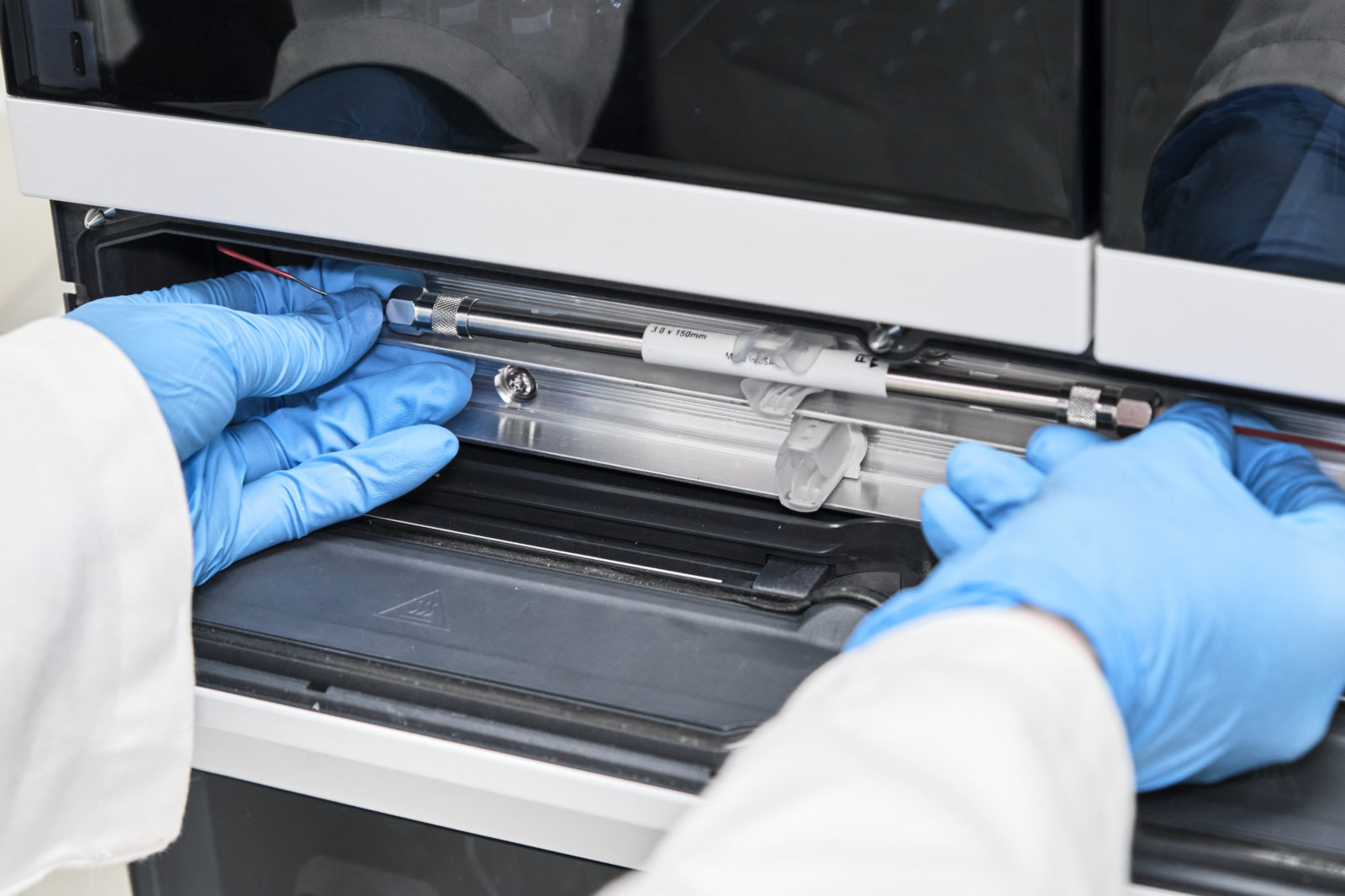


Trump Needs to Recruit a Medical ‘Red Team’ To Challenge Lockdown-Manic Governors

The Explanatory Power and Heuristic Value of Intelligent Design

A Slightly Technical Introduction to Intelligent Design

CSPAN’s BookTV Interviews Dr. Stephen Meyer on Darwin’s Doubt
In an interview for C-SPAN Book TV with Peter Slen, Dr. Stephen Meyer discusses his New York Times best-selling book Darwin’s Doubt: The Explosive Origin of Animal Life and the case for Intelligent Design (HarperOne, 2013). For more information on the book and to order your copy visit http://www.darwinsdoubt.com.

Intelligent Design (ID) Has Scientific Merit Because it Uses the Scientific Method to Make its Claims and Infers Design by Testing its Positive Predictions
“In all irreducibly complex systems in which the cause of the system is known by experience or observation, intelligent design or engineering played a role [in] the origin of the system.”1 Stephen C. Meyer (Ph.D. Philosophy of Science, Cambridge University) & Scott Minnich (Professor of Microbiology, University of Idaho). Intelligent design (ID) has scientific merit because it uses the scientific Read More ›

The Scientific Status of Design Inferences

DNA and Other Designs
For two millennia, the design argument provided an intellectual foundation for much of Western thought. From classical antiquity through the rise of modern science, leading philosophers, theologians, and scientists — from Plato to Aquinas to Newton — maintained that nature manifests the design of a preexistent mind or intelligence. Moreover, for many Western thinkers, the idea that the physical universe Read More ›

The Demarcation of Science and Religion

The End of Materialist Science
Simply the thing you are shall make you live. Old Spanish Proverb For the moment, we are all waiting for the gate of time to open. The heroic era of scientific exploration appears at an end, the large aching questions settled. An official ideology is everywhere in evidence and everywhere resisted. From the place where space and time are curved Read More ›